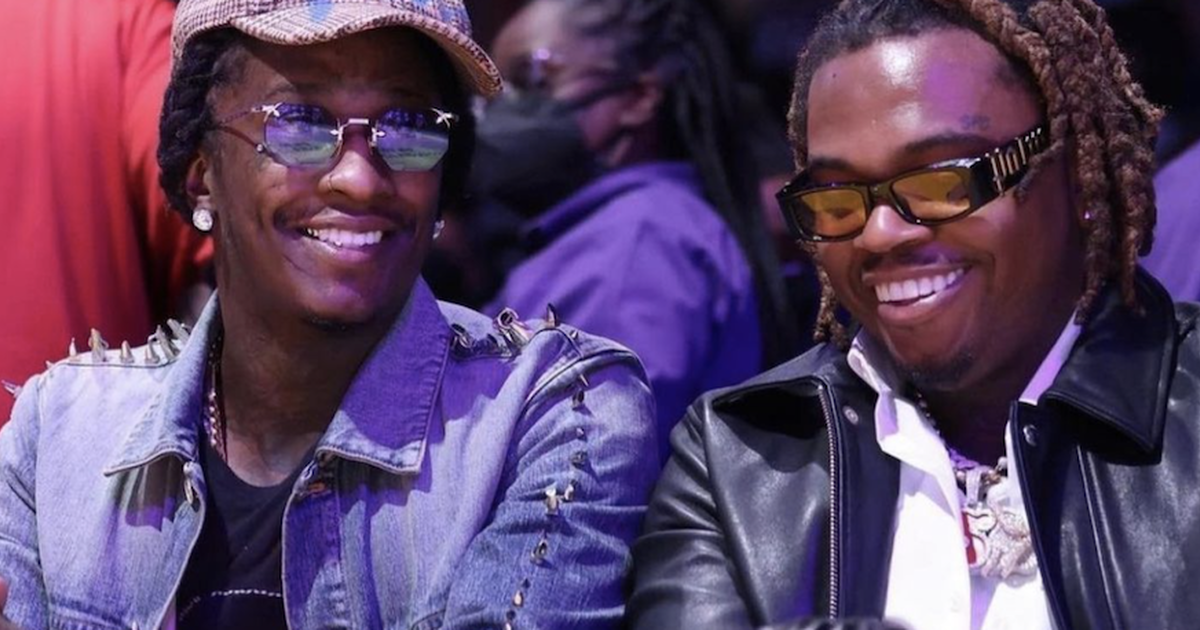Why are rap lyrics being used in courts? - The Face

The short answer is no. Not by a long stretch. And the issue is only becoming more prominent.
As far back as 2008, during the trial of rapper Vonte Skinner over a shooting that occurred in 2005, prosecutors read out 13 pages of Skinner's violent lyrics to the jury. All of these lyrics had been written long before the shooting had occurred and none of them mentioned details of the crime or victim involved in the case being tried.
Skinner was found guilty of attempted murder and sentenced to 30 years in prison. Four years later, his conviction was overturned. When overturning the conviction, the New Jersey Supreme Court was clear in stating that the lyrics should never have been allowed to be presented as evidence in the trial.
Despite the controversy that Skinner's case caused – and the clear ruling from the Supreme Court – the practice of using rap lyrics as evidence in court has only increased.
Prior to Young Thug's arrest, one of the most high-profile examples of lyrics being used against a rapper as evidence of gang activity was during the trial of late LA rapper Drakeo the Ruler.
In 2018, Drakeo was arrested and charged with murder, attempted murder and numerous accounts of conspiracy to commit murder, following the death of Davion Gregory. He'd been charged with unlawful possession of a firearm by a felon a year earlier, but never convicted, and maintained throughout his legal troubles that the district attorney leading the case, Jackie Lacey, had a vendetta against him as a result.
Drakeo was acquitted of the murder and attempted murder charges in 2019, but remained in prison after Lacey decided to use Drakeo's lyrics and musical output to try and prove new charges that he was operating under a "criminal gang conspiracy."
Drakeo's Stinc Team crew, like Thug and his YSL label associates, were branded as a "gang" by prosecutors. In an interview with The Fader, Drakeo described his treatment as "outright racism".
This has happened in the UK too: ground-breaking south London drill crews 67 and Harlem Spartans have both been characterised as gangs. This kind of sweeping, dangerous categorisation is often propped up by lazy or superficial media reporting. In 2017, Buzzfeed News rode along with the Met Police and parroted descriptions of both 67 and Harlem Spartans as "gangs" – before later publishing a correction, after the music groups got in touch.
A loose lyric from 67 crew member Monkey on 2015's Today has since become both a rallying cry and a defence of sorts: "67 ain't a gang it's a family."
Defence lawyers frequently argue against the use of such sweeping prejudicial language. They say that it creates a dangerous catch-all that can be used to sweep innocent defendants into a wider criminal net.


Comments
Post a Comment